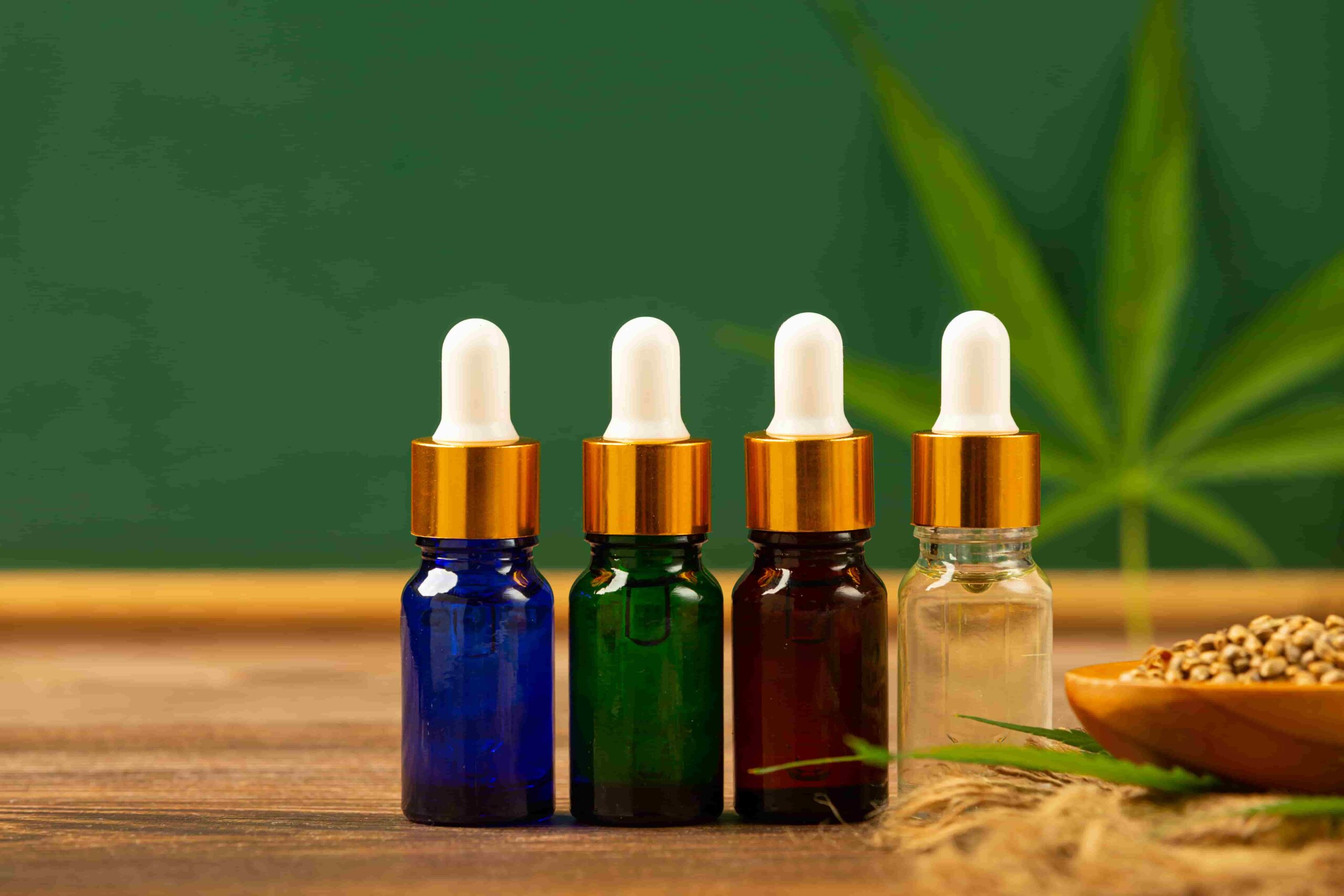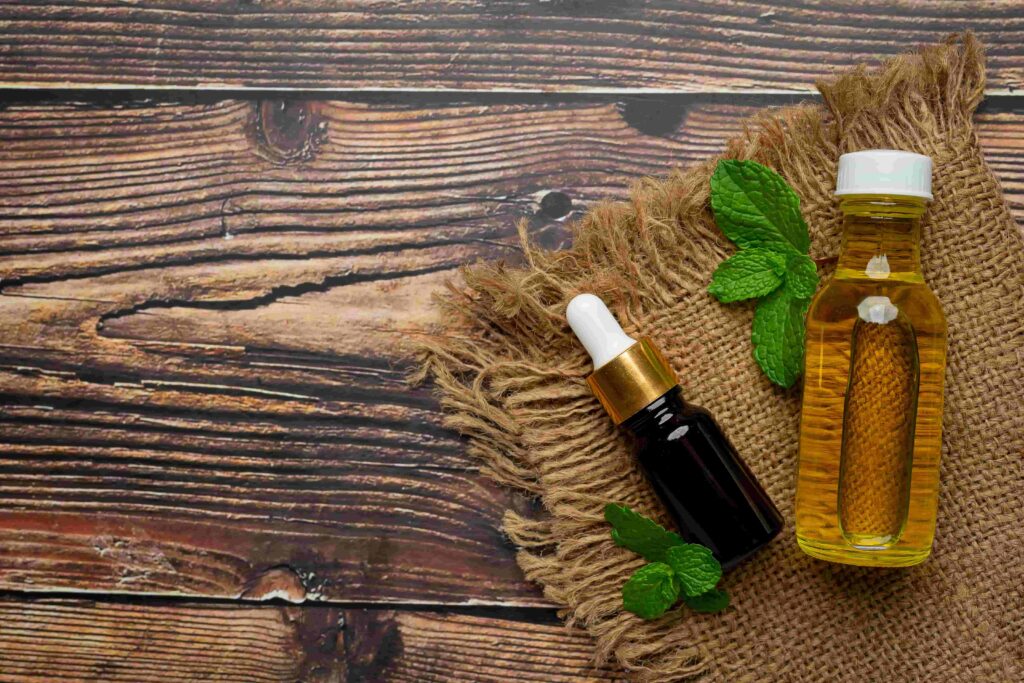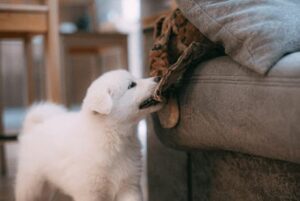(Is peppermint Oil Safe For Cats?)Peppermint oil, extracted from mint leaves, is commonly praised for its refreshing scent, headache relief, and potential cleaning uses. But when cats come into the picture—whose liver can’t process many essential-oil compounds—the situation changes. This guide dives deep into why peppermint oil can be dangerous, how to recognize poisoning, long-term effects, and how to keep your home safe.
Why Peppermint Oil Harms Cats
Cats lack a crucial liver enzyme (UDP‑glucuronosyltransferase) that breaks down compounds like menthol, menthone, and limonene, all found in peppermint oil. These compounds build up in their bodies, overwhelming the liver and nervous system.
-
Inhalation: Diffusers release vapor that cats breathe in—even at low concentration, it irritates their respiratory tract and may trigger asthma-like attacks.
-
Dermal Contact: Oils applied to skin or spilled on carpet can be absorbed through fur, then groomed off—leading to ingestion.
-
Ingestion: Direct licking from bottles or treated surfaces—this delivers a higher concentration straight to their system.
How Much Is Dangerous?
There’s no “safe amount” for cats. Even small drops can cause problems. A few case reports show that one drop on the fur or using a diffuser in a small enclosed room triggered vomiting, ataxia (coordination loss), or breathing struggles. Always assume zero tolerance — avoid entirely.
Symptoms of Peppermint Oil Toxicity
| System Affected | Symptoms |
|---|---|
| Digestive | Drooling, vomiting, diarrhea |
| Respiratory | Sneezing, difficulty breathing, wheezing |
| Neurological | Tremors, disorientation, seizures |
| Behavioral | Lethargy, hiding, reduced appetite |
| Skin | Irritation, redness, excessive grooming |

Timeframe: Symptoms often appear within 15 minutes to 2 hours post-exposure.
What to Do If You Suspect Exposure
-
Remove the cat from area immediately.
-
Clean surfaces (including their fur if necessary) with mild, fragrance-free soap.
-
Call your vet or ASPCA Animal Poison Control Hotline (available 24/7).
-
Be ready to share:
-
How and when the exposure occurred
-
Approximate amount (e.g., “two drops used in diffuser for 1 hour in living room”)
-
Symptoms shown and when
-
Fast response is crucial—liver damage can escalate quickly.
Possible Long-Term Effects
Even if immediate symptoms fade, repeated or high-level exposure may lead to:
-
Chronic respiratory irritation or bronchitis
-
Liver stress or lasting hepatic dysfunction
-
Behavioral changes like ongoing anxiety
-
Nail, skin, or coat problems
Vet-Approved (Safer) Aromatherapy Alternatives
If you want a pleasant home without risking your cat’s health, consider:
| Alternative | Benefits | Notes |
|---|---|---|
| Feliway Diffuser | Mimics calming feline pheromones | Vet-recommended |
| Catnip/Valerian | Naturally enticing and safe for most cats | Moderate use |
| Lavender (low-dose) | Mild calming aroma, generally low toxicity | Always dilute and watch for reaction |
| Broad-Spectrum Cleaners (pet-safe) | Clean home without essential oils | Look for vet-approved seals |
Important: Always test in a small part of the house and monitor your cat.(Is Peppermint Oil Safe for Cats?)
Vet Advice & Expert Opinions
-
Veterinary Journal of Emergency and Critical Care (2017) classifies all mint oils as “potentially toxic” to felines.
-
ASPCA Animal Poison Control warns: “Peppermint oil is noted to be toxic to cats … may cause serious problems.”
-
Dr. Karol Matthews, DVM advises:
“Even diluted, essential oil vapors can trigger respiratory distress in cats—especially those with asthma or heart conditions.”
Creating a Cat-Safe Home Environment
-
No diffusers within pet-accessible rooms
-
Store all oils locked, far out of reach
-
Label bottles clearly as “Toxic to Pets“
-
For cleaners or air fresheners, choose traditional formulas labeled “pet-safe”
-
Watch for hidden mint scents in products like laundry detergents, candles, and sprays
Frequently Asked Questions (FAQ)
Q1: What about eating mint leaves?
A1: Fresh mint leaves are not toxic and many cats avoid them due to strong taste—but essential oils are concentrated and dangerous.
Q2: My DIY cat balm has peppermint oil. Is it okay?
A2: No. Even diluted balms pose intake risk via grooming. Avoid using any peppermint in direct-contact products.
Q3: Diffusing a room with an open door—safe?
A3: Not really. Volatile compounds circulate widely and linger. Use only pet-approved diffusers in a closed, pet-free space, and ventilate thoroughly before cat returns.
Final Thoughts
Using peppermint oil at home? It’s best to skip it entirely if you own cats. Their bodies can’t handle the compounds. Go for pheromone-based diffusers, cat-safe homemade cleaners, or natural cat-attractants like catnip. When in doubt, ask your vet—your feline family depends on that caution.












